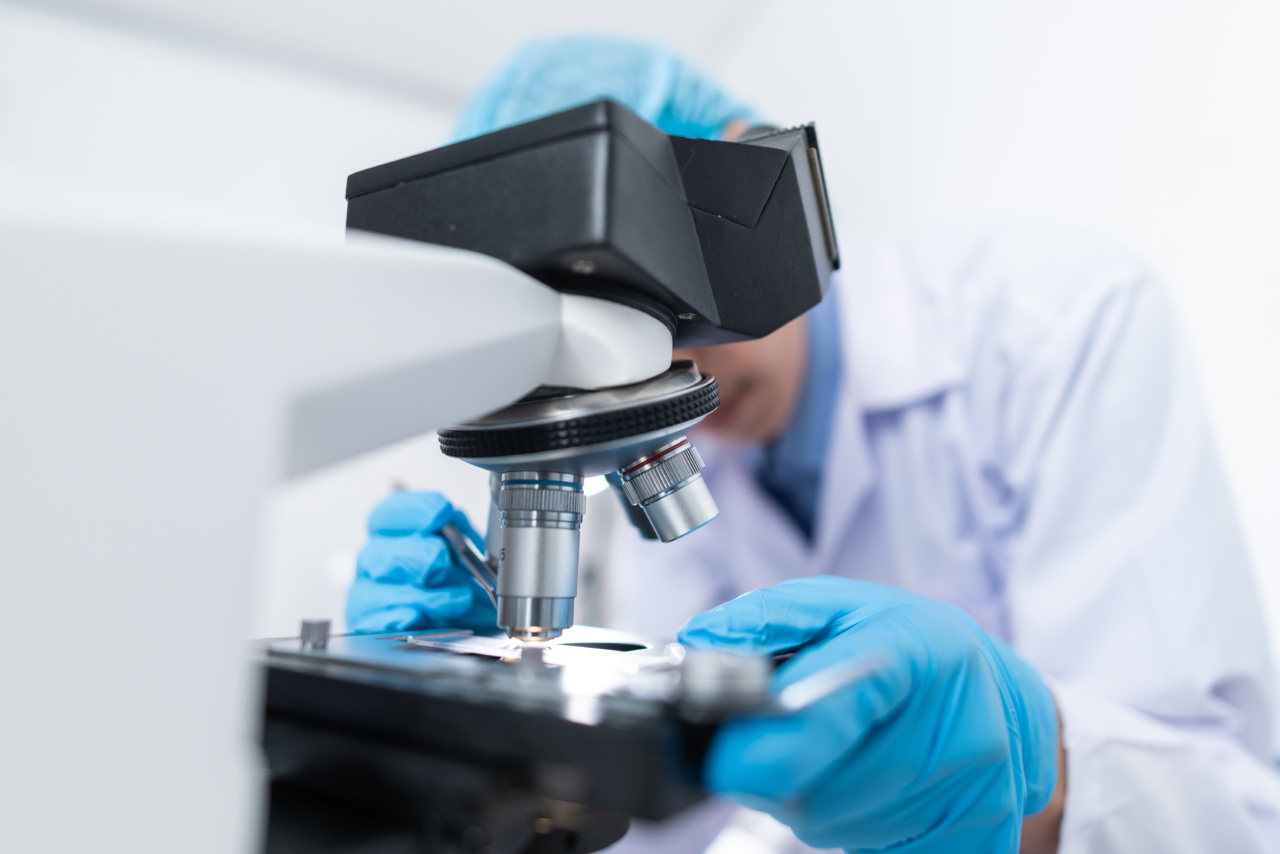The ketogenic diet, commonly referred to as the “keto” diet, is a low-carb, high-fat diet that has gained immense popularity in recent years.
It has been praised for its ability to promote weight loss, improve cognitive function, and provide a range of health benefits. However, like any dietary approach, the ketogenic diet is not suitable for everyone. In this article, we will explore who should avoid or be cautious with following the ketogenic diet.
1. People with Pancreatic or Liver Issues
The keto diet involves consuming high levels of fats, moderate protein, and very low carbohydrates. This can be taxing on the liver and pancreas, as they are primarily responsible for metabolizing fats and carbohydrates.
Individuals with pre-existing liver or pancreatic conditions should avoid the ketogenic diet, as it may exacerbate their symptoms or potentially lead to further complications.
2. Pregnant or Breastfeeding Women
Pregnancy and breastfeeding are critical periods that require a well-balanced and nutrient-dense diet. The ketogenic diet may not provide the necessary nutrients, vitamins, and minerals needed for optimal fetal development and lactation.
It is important to consult with a healthcare professional or registered dietitian before making any significant dietary changes during pregnancy or while breastfeeding.
3. Individuals with Eating Disorders
The ketogenic diet, like any strict dietary approach, can potentially trigger or worsen eating disorders such as anorexia nervosa, bulimia nervosa, or binge-eating disorder.
The focus on restricting certain food groups, tracking macronutrients, and obsessing over weight loss can be detrimental to those with a history of disordered eating. It is essential that individuals with eating disorders seek guidance from a qualified healthcare professional who specializes in eating disorder treatment.
4. People with Gallbladder Problems
The ketogenic diet is often rich in fats, which may increase the risk of gallstone formation. Individuals with a history of gallstones or gallbladder issues should exercise caution when considering the keto diet.
Consuming large amounts of fat without sufficient fiber intake can lead to an imbalance in bile acids and cholesterol in the gallbladder, potentially triggering painful gallbladder attacks.
5. Those Taking Certain Medications
Some medications rely on carbohydrates for optimal absorption and effectiveness. Additionally, certain medications may already put stress on the liver or pancreas, making it important to avoid additional strain from the ketogenic diet.
If you are taking medications for conditions such as diabetes, thyroid disorders, or certain psychiatric medications, it is crucial to consult with a healthcare professional before starting the keto diet.
6. Individuals with Metabolic Disorders
The ketogenic diet can be beneficial for individuals with certain metabolic disorders such as epilepsy, insulin resistance, or metabolic syndrome. However, it may not be suitable for everyone with these conditions.
It is essential to work closely with a healthcare professional who can monitor your progress and make any necessary adjustments to ensure optimal health and safety.
7. People with Nutrient Deficiencies
Following the ketogenic diet can sometimes result in nutrient deficiencies, particularly if it is not well-planned and lacks variety.
Carbohydrate-rich foods such as fruits, vegetables, and whole grains are excellent sources of essential vitamins, minerals, and fiber. Eliminating these food groups can increase the risk of deficiencies, especially in nutrients like vitamin C, potassium, and magnesium.
If you have existing nutrient deficiencies or struggle to consume a wide range of foods, the ketogenic diet may not be suitable for you.
8. Those with Cardiovascular Issues
The ketogenic diet can impact cardiovascular health due to its emphasis on high-fat foods, which may lead to an increased intake of saturated and trans fats.
While some studies suggest that the keto diet can improve certain heart disease risk factors, it is not recommended for individuals with existing cardiovascular issues, such as high cholesterol levels, high blood pressure, or previous heart attacks. It is crucial to discuss any dietary changes with a healthcare professional who can guide you in making the right choices for your heart health.
9. Athletes and High-Intensity Exercisers
Athletes and individuals engaging in high-intensity exercise rely heavily on carbohydrates for energy. The ketogenic diet may not provide enough readily available carbohydrates to sustain optimal performance.
While some endurance athletes may adapt to a modified version of the keto diet, it is generally not recommended for those pursuing high-intensity or anaerobic activities. Proper nutrition and fueling strategies should be individualized based on athletic goals and guidance from sports nutrition professionals.
10. Children and Teens
The ketogenic diet has been widely studied and proven effective in managing certain conditions like epilepsy in children. However, it should only be implemented under strict medical supervision and guidance.
The developing bodies of children and teenagers have different nutritional requirements, and the keto diet may not provide adequate nourishment for optimal growth and development. It is crucial to involve healthcare professionals, such as pediatricians and dietitians, when considering the ketogenic diet for children or teenagers.
Conclusion
While the ketogenic diet has garnered significant attention for its potential health benefits, it is not suitable for everyone.
Individuals with pre-existing health conditions, pregnant or breastfeeding women, those with eating disorders, and individuals on certain medications should exercise caution or avoid the keto diet altogether. It is essential to work closely with healthcare professionals, such as doctors and registered dietitians, to determine the most appropriate dietary approach for your unique needs and circumstances.

























